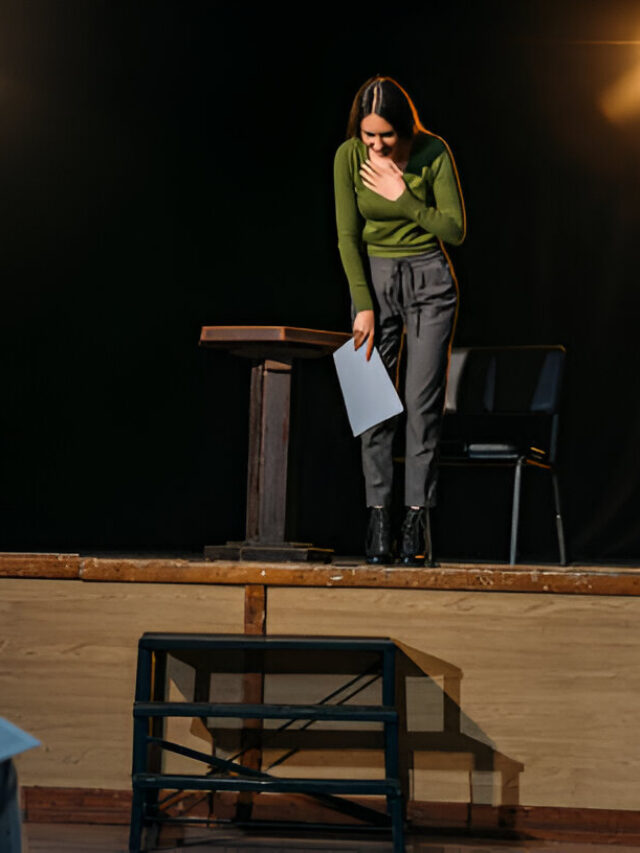Lubber Pandhu with the meticulously-written characters complementing this well-rounded sports dramatization, Harish Kalyan and Attakathi Dinesh’s ‘Lubber Pandhu’ is as engaging as a CSK finals coordinate and at that point a few
In a nation like India where cricket is an feeling, there’s no shortage of movies on the cherished don. From biopics on a few of the best players the diversion has seen, to utilizing cricket as a background for a heart-warming underdog dramatization, a few cycles of the amusement have been investigated.
Presently with Loafer Pandhu, executive Tamizharasan Pachamuthu sheds light on the elastic ball cricket competition culture predominant in the profound pockets of Tamil Nadu, and complicatedly weaves an captivating account around it.
Some movies blow your intellect with a particular story set in a totally modern scenery whereas others describe a basic, direct story but work much appreciated to the way its components come together; Loafer Pandhu is a course reading illustration of the last mentioned.

In the film, Anbu (Harish Kalyan) is a small-town fellow and a skilled bowler who crosses ways with Poomalai a.k.a. Gethu (Attakathi Dinesh), an more seasoned, much-revered batsman. A arrangement of terrible episodes trigger their egos and their on-field competition spills into their individual lives… as it were for it to hit a crescendo when they learn that Anbu is in a relationship with Gethu’s girl Durga.
Films on inner self and interpersonal connections appear to be working well for Harish. He finished final year with a blast much obliged to Stopping, where his character confronted off against a individual inhabitant, played by the ingenious MS Bhaskar.
In this film, his competition is with Attakathi Dinesh who is new off the victory of the underrated J Child which was moreover, by chance, around family and interpersonal connections.
Whereas the preface might sound comparative to Blue Star which came out prior this year, Lowlife Pandhu stays profound into the complexities of connections and how egos can impact them. The reality that both movies moreover hold a reflect to how deep-rooted caste-based separation is in our society in a inconspicuous way, is the cherry on the cake.
Both the lead characters are not especially challenging parts, in spite of the fact that Harish and Dinesh drag them off very well; the reason bubbles down to how their characters have been portrayed. Anbu and Gethu are two men having a place to two distinctive eras but that’s approximately all the refinements they have.
Both would do anything for their one genuine adore, esteem companionship, are players with egos as enormous as their gifts, and, of course, cherish cricket more than anything else.
Director Tamizharasan does a awe inspiring work of characterising and, as the film advances, acculturating Anbu and Gethu’s tryst with a bunch of feelings. Anbu, as his title recommends, is the to begin with to wave the white hail whereas Gethu, as you might have speculated, is the harder nut to split.
Talking of names, Yashoda (played by an noteworthy Swasika) has to turn into a mother figure for her spouse Gethu who organizes his diversion over the improvement of his family. For a film on a don between testosterone-powered men, Lowlife Pandhu wonderfully shocks you with how well the ladies characters are written.
While the sentimental parcels between Anbu and his sweetheart Durga (Sanjana Krishnamoorthy) are composed with sufficient care to not loosen the stream of the film, it’s the developed sentiment between Yashoda and Gethu that is most important. This works overwhelmingly since of the love-hate relationship they share, along with an extra layer brought in by the truth that they have a place to two diverse castes.
Lowlife Pandhu too exhibits the men to be reckless animals whereas the ladies — who confront the brunt of their male counterparts’ activities — are more level-headed and keep things from falling separated. But seemingly the best portion of the film is how it never villainises any of its characters or romanticizes their imperfections; it appears them to be a item of their circumstances, and how all it takes is one right call to get into the great books of their family members.
And boy, the cricket coordinate parcels are a treat to observe! The executive turns a googly with these groupings as he goes against the grains of normal cricket film tropes. Tamizharasan subverts desires at significant minutes and these chunks of small wins lets us disregard the film’s tangles such as a constrained female strengthening figure of speech encompassing a player, that feels pointless.
As with each Tamil film on cricket, there’s plentiful scope for funniness much obliged to the colloquial diversion commentary, but Lowlife Pandhu takes it up a indent with the characters played by Bala Saravanan and Jenson Dhivakar. The film too does a superb work when it comes to overseeing its auxiliary characters and the one played by Kaali Venkat seem exceptionally well gotten to be a fan-favourite.
With a few bends weaved together consistently — counting the caste abuse point to which Tamizharasan gives a significant determination — the filmmaker makes his stamp as a ability to observe out for.
Lowlife Pandhu is a breath of new discuss and a reviving expansion to the ever-growing list of movies on cricket; so much so that we can call it a entire modern ballgame.










